The Main Threat To Elites In 2024 = Misinformation And Disinformation AKA The Truth

Dylan Eleven • Truth11.com
The world leaders feel that mis-or-dis-information is the #1 greatest threat to humanity. - What an odd thing to say.
This is the most obvious, transparent, pathetic example of liars caught in a lie and trying to cover it up.
In debate class, you don’t silence the other side of a debate to win. You prove your point and disprove theirs.
The truth will come to light and therefore any information can not be considered as dangerous because; if it is false, it can be disarmed with the truth, therefore it is really not a threat at all.
The only way this will not work is if your side is not telling the truth. Then the debate will go in favour of the truth and you will loose.
So be it. If you are wrong you are wrong.
The truth is the truth and no amount of silencing, censoring and calling the truth mis-or-dis info; will convince people with any intelligence that a lie is true. It just makes them look like the pathetic liars they are, trying to hide the truth.
For example: If saying covid vaccines are killing people, and they are dangerous and should not be injected into anyone is a threat to humanity because it is so called mis-dis-info, then prove it to be wrong. Remove the so called threat with the truth. But they cant, because the truth is people are dying everywhere due to the vaccine.
The world governments, WHO, WEF and the rest of Schwabs cult followers are openly admitting their scam won’t work unless they silence the truth with censorship. They think any form of debate is dangerous and therefore must be banned. And they feel it is the biggest threat “to humanity”.
You know what, they are right. It is. The truth is the biggest threat, but not to humanity, quite the opposite.
The truth threatens the corrupt, pedophile, war hungry, genocidal elite and it will bring them down and they know it.
The truth has been identified as enemy number 1 for the elite; therefore keep pressing truth warriors!
The truth has set us free, and armed with the truth, united we stand.
TapNewsWire.com | Tapestry
This year will be decisive for the future agenda, with the upcoming United Nations Summit of the Future in September. This will lay the foundation for a strengthened economic global governance with the G20 in an elevated position within the UN and the international financial system.
The UN policy brief Reforms to the International Financial Architecture, that builds on proposals from United Nations Our Common Agenda, has suggested an “apex body” for economic coordination that will serve as a key component in order to achieve Agenda 2030 and the SDGs. This body is planned to include G20, UN and the global financial institutions and will gather at a biennial summit.
The slogan of G20 (Group of twenty), under the chairmanship of Brazil and President Lula da Silva, is “building a just world and a sustainable planet”. The focus areas are: “The three dimensions of sustainable development”, “Fighting hunger, poverty and inequality”, and “Global Governance Reform”.¹
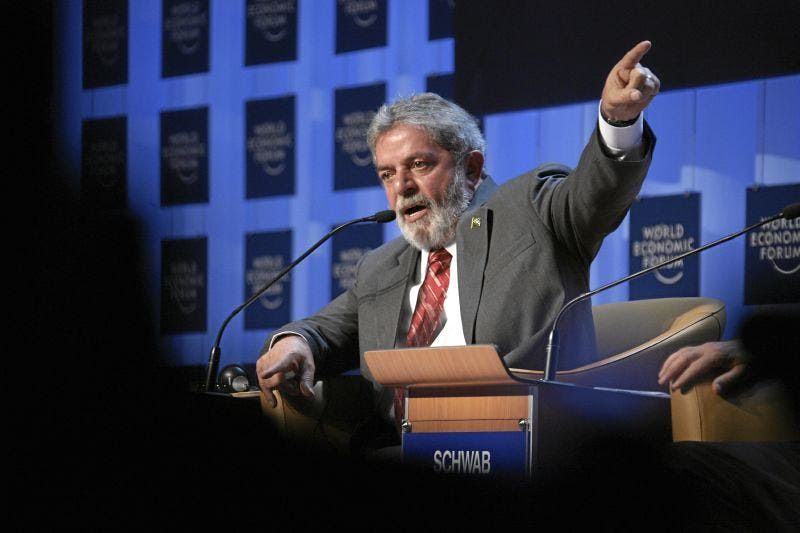
G20 was established after the Asian financial crisis in 1999 and evolved into the premier global forum to discuss and manage global challenges during the global financial crisis barely ten years later.
This kind of arrangement had previously been discussed at an Informal Gathering of World Economic Leaders (IGWEL) during the World Economic Forums annual summit in 1998.²
This resulted in a proposal from G7 finance ministers “to broaden the dialogue on key economic and financial policy issues among systemically significant economies.” They then invited these “significant economies” to a meeting in Berlin in December 1999.³
The ideas for this global governance arrangement had, however, been suggested as early as the 1970s by members of the Trilateral Commission. To be successful, it was deemed important to include the largest emerging economies. This was reflected in their 1976 report The Reform of International Institutions by C. Fred Bergsten, Georges Berthoin, and Kinhide Mushakoji.
At first, only finance ministers and central bank governors attended the meetings but since the 2008 G20 Summit on Financial Markets and the World Economy, heads of state or heads of government have been invited (among the first participants were Lula da Silva).
This upgrade was realised after advocacy from WEF. As stated in their 50 anniversary book WEF: A Partner in Shaping History 1971–2020:
Klaus Schwab, among others, proposed in several speeches to elevate the G20 meeting to become a true global summit.
G20 has since gradually been given more focus areas and is in effect an embryo for a world government. The G20 member states reach about 80 % of the world’s population, and the organisation function like an executive council for implementing the UN Sustainable Development Goals as well as the WHO Health Agenda.
Former leader of the Soviet Union, Mikhael Gorbachev, once labeled it the “Global Politburo”. The group consists of 19 member states plus the European Union (EU) and the recently accepted the African Union (AU) as a member.

The Secretary General of the United Nations is a permanent guest attendee, together with representatives from The Organisation for Economic Co-operation and Development (OECD), ASEAN, WTO, ILO, IMF, World Bank and the Financial Stability Board.
A major part of their work is done through the “finance track” and the “sherpa track”.
The finance track, with seven technical groups and one task force, deals with macro economics, and the building of a new international financial architecture. Attendees are representatives from the international financial institutions (The World Bank, IMF, BIS), regional development banks, finance ministers and central bank governors (FMCBGs).
Their Joint Task Force on Finance and Health is a forum that enhances Pandemic Prevention, Preparedness and Response (PPR) in “alignment with the One Health Approach and World Health Organization (WHO) priorities and objectives”. The secretariat is located at the WHO headquarters in Geneva and has support from The World Bank.⁴
The sherpa track has fifteen working groups (in areas like health, agriculture, education and the energy transition), two task forces and one “Bioeconomy Initiative”. The work is led by the personal emissaries of the G20 leaders. Other attendees are ministers from the G20 member countries and international organisations like OECD and United Nations.
G20 also constitutes 13 engagement groups from different parts of society. These include Women20, Youth20, Cities20 (mayors), Science20, Business20, and Think20 (think tanks). The latter two are the most powerful among these groupings. B20 has also close ties to WEF with Klaus Schwab as a member of the advisory council.

The latest addition is Oceans20, that promotes marine sustainability with support from the World Economic Forum.

These groupings claim to represent the voices of “civil society”. A Social Summit is held in November to reflect their proposals before the leaders summit.
G20 is this year governed by the three BRICS-countries Brazil (chair), South-Africa (incoming chair) and India (previous chair). This arrangement serves as a guarantee for a continuation of the agenda.
The connection between climate and health is as always a part of the program. This can be viewed in the light of this years World Health Assembly which is set to give WHO extended authority and give rise to the “One Health Regime”. WHO Director-General Tedros Adhanom recently recently praised Brazil’s priorities.⁵
One of the proposals is “Resilient Health Systems”, that “aims to defend universal health systems to face the major challenges of global health governance, such as those caused by the climate crisis”. A mechanism will be discussed that “allows creditor governments to exchange debts for health results”.⁶

This is framed as a part of achieving the United Nations SDG 3 – Health and Well-being.
Will this result in forced vaccination of the populations in the poor countries in order to be saved from bankruptcy?
One wonders what kind of surprises that are hidden up their sleeves?
Should we be worried that one of the panels (including Tedros Adhanom and Brazil’s Health Minister Nisia Trindade Lima) at next weeks annual WEF-meeting is called “Preparing for Disease X”?
With fresh warnings from the World Health Organization that an unknown “Disease X” could result in 20 times more fatalities than the coronavirus pandemic, what novel efforts are needed to prepare healthcare systems for the multiple challenges ahead?⁷
Brazil will also launch the Task Force for the Global Mobilization Against Climate Change “to enhance global macroeconomic and financial alignment to implement the goals of the United Nations Framework Convention on Climate Change and the Paris Agreement”.⁸
Brazil is the world’s seventh largest oil producer, and it is not very likely that they would kill the goose that lays their golden eggs. This has more to do with the creation of a new technocratic economic system built around the use of energy and a carbon currency.
The academic think tank Sustainable Finance Lab recently proposed a global carbon coin. A currency based on “natural stock of some sort, or the remaining carbon budget.”
This way a new global reserve currency can emerge. This not only has environmental benefits but also answers a growing call to bring more balance into the now unipolar global monetary system — a call coming clearly from the large emerging BRICS economies.⁹
BRICS – The voice of the Global South
So let’s talk about BRICS. Are they an alternative? Many people seem to think so.
The group was founded by Brazil, Russia, India and China in Yekaterinburg, Russia, in 2009 as BRIC, and are seen as a counterweight to the West-dominated G7. The voice of the Global South. One year later, with the addition of South Africa, they became BRICS.
The 2024 BRICS summit was initially to be held in Brazil but was transferred to Russia and Vladimir Putin due to Brazil’s commitments as host of G20 this year.
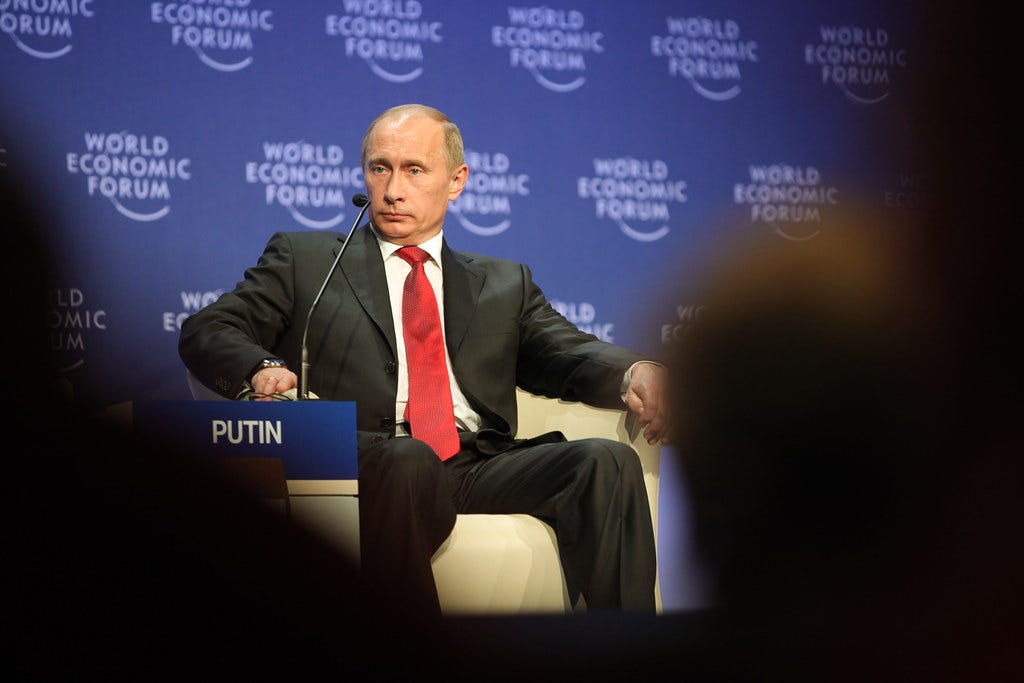
The Leader’s Summit will take place in Kazan, Tatarstan, in October with the mission to establish a “fair” world order.¹⁰ This stands, according to Putin, in opposition to the “rules based” order that is promoted by the West and G7. The motto is “Strengthening Multilateralism for Equitable Global Development and Security”.¹¹ This time with the participation of five new member states.
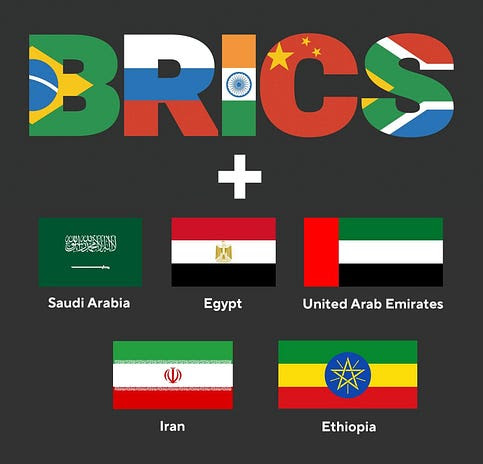
One of the new countries is the United Arab Emirate, also the host of the WEF-affiliated World Governments Summit and the latest international climate summit – COP28. UAE is a role model country for the futuristic agenda that WEF is promoting through the Fourth Industrial Revolution. They are a key partner of WEF as well as the main hub for the United Nations in the Middle East.
A more surprising new edition is the theocratic Islamic republic Iran. An arch-enemy of the US and Israel that has forged alliances with China and Russia, and sells oil to India.
With the addition of Saudi-Arabia, this also means that six of the world’s ten top oil producers are members of BRICS.
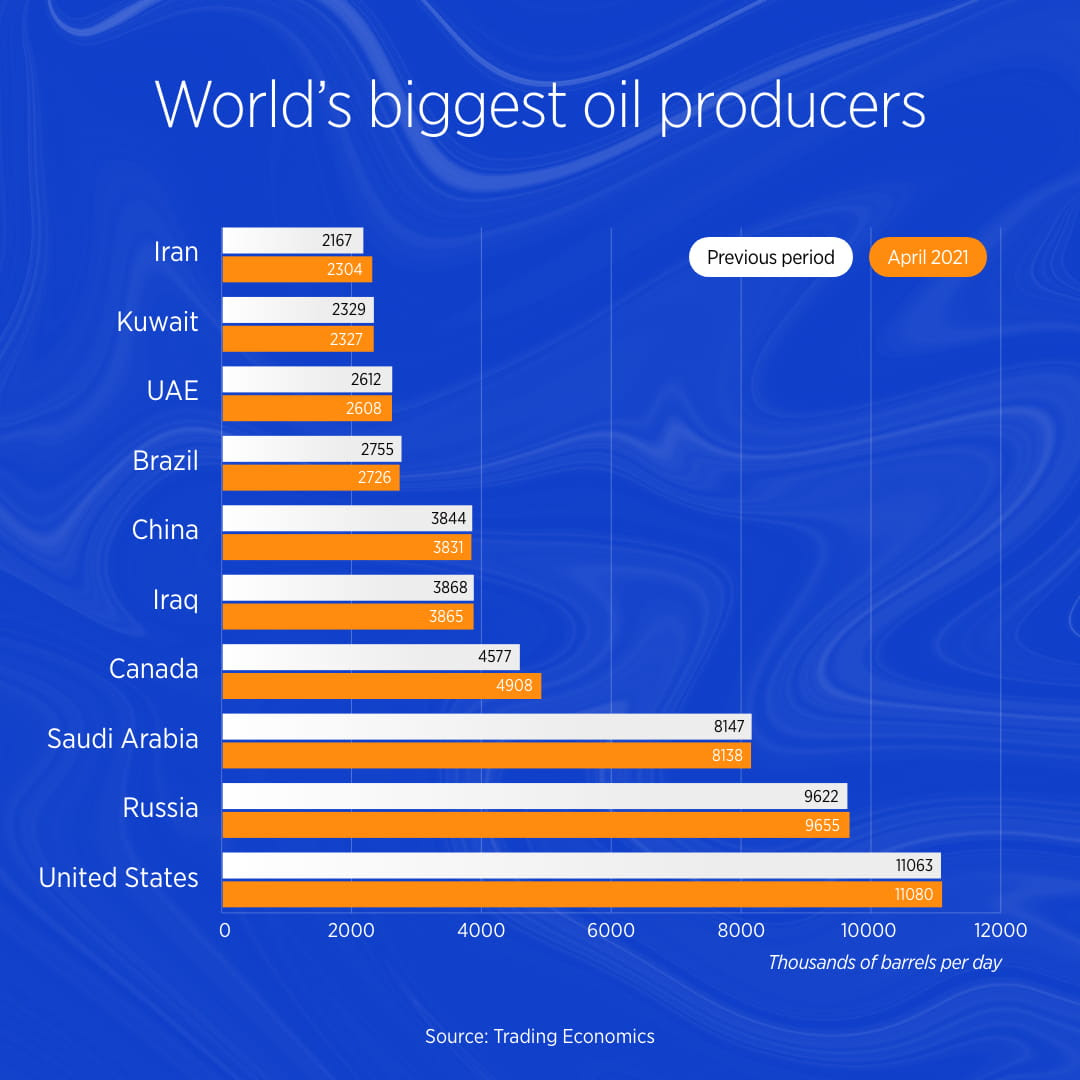
This gives the BRICS some muscles. But it is a group with clear dividing lines between the member states. They are dispersed on three continents, have cultural and religious differences and are somewhat crippled by a leadership struggle between India and China.
The new members Iran and Saudi-Arabia also compete for influence in the Middle East and have been involved in proxy-wars against each other. Iran is the leading Shia Muslim power whereas Saudi Arabia is the leading Sunni Muslim power. Diplomatic relations are, however, restored with the help of China since March 2023.
G7 are a lot more homogenous with a clear defined leader (but with waning power).
BRICS are not, as often portrayed in alternative media, a real contender on the world scene. They do not challenge United Nations Agenda 2030 or WEFs Fourth Industrial Revolution. BRICS acts within the limits of the international system. All BRICS countries imposed lockdowns and mask mandates during COVID-19. They all take part in the endless string of climate summits (Brazil will arrange COP 30 in 2025).
Six of the BRICS-members are members of G20 (Brazil, Russia, India, China, South Africa, and Saudi-Arabia). These are countries that all want to secure their seats and have a say in the emerging global management system. The old hegemony is slowly dying and the sociopaths of the world are in need of a new host. This is what their new “apex body” for the world economy is planned to be.
One of the criteria for applying for BRICS-membership is furthermore to “be committed to the achievement of the Sustainable Development Goals”.¹²
At the latest BRICS summit in South Africa, BRICS underlined their commitment to “mobilising the means required to implement the 2030 Agenda” and highlighted the “significant opportunities” that Summit of the Future constitutes in the Johannesburg II Leaders Declaration. The summit was also attended by UN Secretary General António Guterres.

WEF – The Bridge Builder
The real masters, the owners of business and banking, are lurking behind BRICS as well as behind the G7. This is especially true for the most visible manifestation of the their influence: The World Economic Forum.
WEF operates all over the globe. As Klaus Schwab said in 2020:
The Forum has built an excellent relationship with the Russian Federation. Both with the business community as well as with the government.
The Russian Sberbank CEO and a close ally to Vladimir Putin, Hermann Gref, was a member of the WEF Board of Directors for eleven years (2011–22), whereas Putin has known Schwab since a meeting in S:t Petersburg in 1992.¹³ This “excellent relationship” did, however, turn a bit frosty after the war in Ukraine broke out.¹⁴ At least officially.
The Russian attack could hardly have been a surprise for WEF as there has been an ongoing conflict between Russia and Ukraine since 2014. Despite sanctions from the US and the European Union, WEF continued to collaborate with Russia during the Cyber Polygon exercise that was arranged annually by Sberbank 2019–2021, as well as forging deeper bonds through a close partnership between WEF and S:t Petersburg Economic Forum.
Russia, Ukraine and the emergence of a new global management regime (Pt 2) | ||||||
| ||||||
| WEF chairman Klaus Schwab has on several occasions praised the close cooperation with the Russian government. It has always been important for me that Russian representatives take part in our events in Davos. This has always been of particular importance to me. (Klaus Schwab)
| ||||||
|
It is not a wild guess that the relationship will be restored once the conflict has been settled.
China has also developed close ties to WEF. The “Summer Davos” Annual Meeting of the New Champions has been arranged in the Chinese cities Tiunjan and Dalian since 2007.¹⁵

WEF has opened Centers for the Fourth Industrial Revolution (C4IR) in Brazil, China, South-Africa, India, UAE, Saudi-Arabia, whereas the centre in Russia (that opened as late as 2021) has been suspended due to the conflict in Ukraine.¹⁶
WEFs Global Shapers Community (for young people between 20 and 29) has hubs in 152 countries with the mission to “inspire, empower and connect young leaders to strengthen their communities and change the world” under the leadership of Klaus Schwab and the Council on Foreign Relations-chairman David Rubenstein. All BRICS-countries expect Iran has or has had hubs.¹⁷
WEF has also “penetrated” BRICS with their Young Global Leader (and predecessor Global Leaders of Tomorrow) programs. There are now over 800 WEF-trained leaders in the BRICS countries. Several of them in government positions, but most of them in the business community.
The following list of Young Global Leaders in BRICS-countries is produced by data from the Pharos WEF YGL list.
- Brazil: 73
- Russia: 69
- India: 204
- China: 206
- South Africa: 120
- Egypt: 23
- Ethiopia: 10
- Iran: 9
- Saudi Arabia: 44
- UAE: 47
WEF has also, for obvious reasons, an influence on the West. The G7 Summit will this year be hosted by Italy, and Prime Minister Giorgia Meloni, with a focus on Climate Change, Artificial Intelligence and food security. Another key focus is the “defence of the rules-based international system” that Russia, according to G7, has “undermined” because of their “war of aggression on Ukraine”.¹⁸
These are practically the same topics as those that will be discussed at next week’s annual WEF Summit. Guests invited to Davos this year includes Ukraine’s president Volodymyr Zelenskyy, who will discuss the “principles and implementation” of his peace plan.¹⁹ However, no Russian leader has been invited this time.
We can expect that what transpires out of Davos will affect the agenda for all venues of global cooperation. Be it G7, BRICS or G20.
Psychopaths of the World United | ||||||
| ||||||
| World Economic Forum recently announced the theme for their annual meeting in Davos in January 2024. This time it is about “rebuilding trust”. This also happens to be the theme of the United Nations 78th General Assembly that opened September 5 2023.
| ||||||
|
Next month, World Government Summit will be held in Dubai, UAE, with the mission to “shape future governments” with “smart technology”.
The real struggle is about who will control the future world order once the architecture is in place. Perhaps a “trustworthy” AI?
Klaus Schwab: “…who masters those technologies, in some way, will be the master of the world.” | ||||||
| ||||||
| During the World Government Summit 2023, which was held in Dubai in the United Arab Emirates on February 13-15, the chairman of the World Economic Forum, Klaus Schwab, proclaimed that whoever controls the technologies of the fourth industrial revolution will be the master of the world.
| ||||||
|
We can be sure that WEF will be a winner, regardless the outcome. In their ranks we find the crisis and war profiteers who get rich from the ongoing conflicts and “challenges” in the world. They make big bucks on the Russian “special operations”, Israeli counter-terrorism warfare, COVID-vaccinations, climate change mitigation, as well as on “smart” AI-systems.²⁰ Their profiteering respect no borders.
It is telling that the WEF’s newly published Global Risks Report 2024 does not see “armed conflict” as the most threatening global catastrophic risk for the coming two years, but rather “misinformation and disinformation”.
Can we guess that they are afraid of exposure?
WEF has been subjected to a lot of criticism in the aftermath of the pandemic that has tarnished their reputation.
There will also be elections that affect three billion people this year. This may, according to the report, intensify the use of mis- and disinformation to disrupt electoral processes and risk “undermine the legitimacy of newly elected governments”, resulting in violence and unrest.
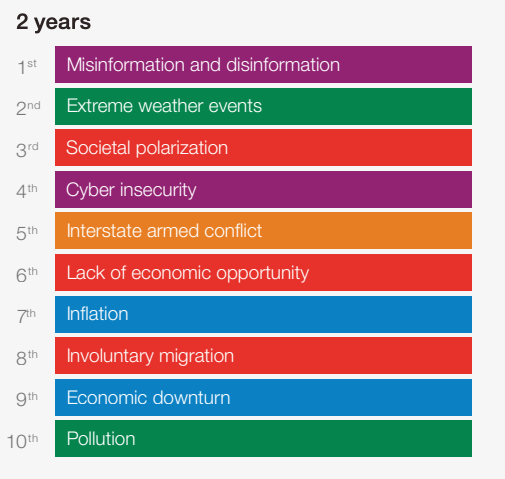
This could incite authoritarian response. As is stated in the report:
…the proliferation of misinformation and disinformation may be leveraged to strengthen digital authoritarianism and the use of technology to control citizens. Governments themselves will be increasingly in a position to determine what is true, potentially allowing political parties to monopolize the public discourse and suppress dissenting voices, including journalists and opponents.
The findings in the report is already a part of the G20 agenda:
Working Groups such as the Digital Economy WG—to combat disinformation—and the Global Mobilization Task Force against Climate Change, proposed by Brazil, are examples of G20 forums whose mission is to propose consensus and concrete measures to face the serious issues highlighted by the WEF report.²¹
I close with som fitting lyrics and music by Megadeth’s Dave Mustaine.
Peace sells… but who’s buying?

Original Article: https://tapnewswire.com/2024/01/the-main-threat-to-elites-in-2024-misinformation-and-disinformation-keep-talking/

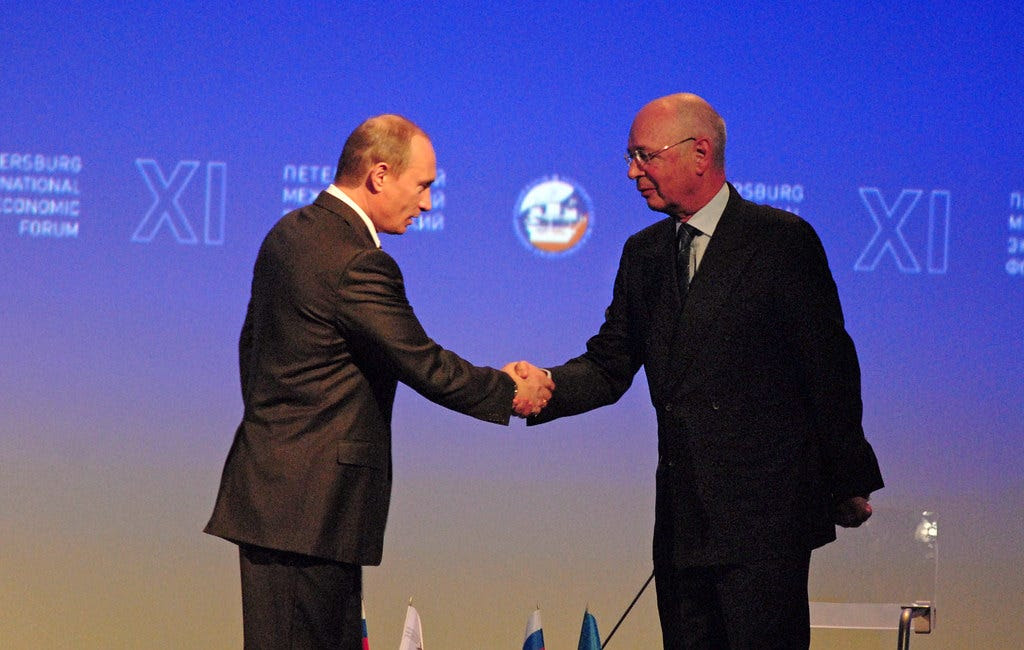
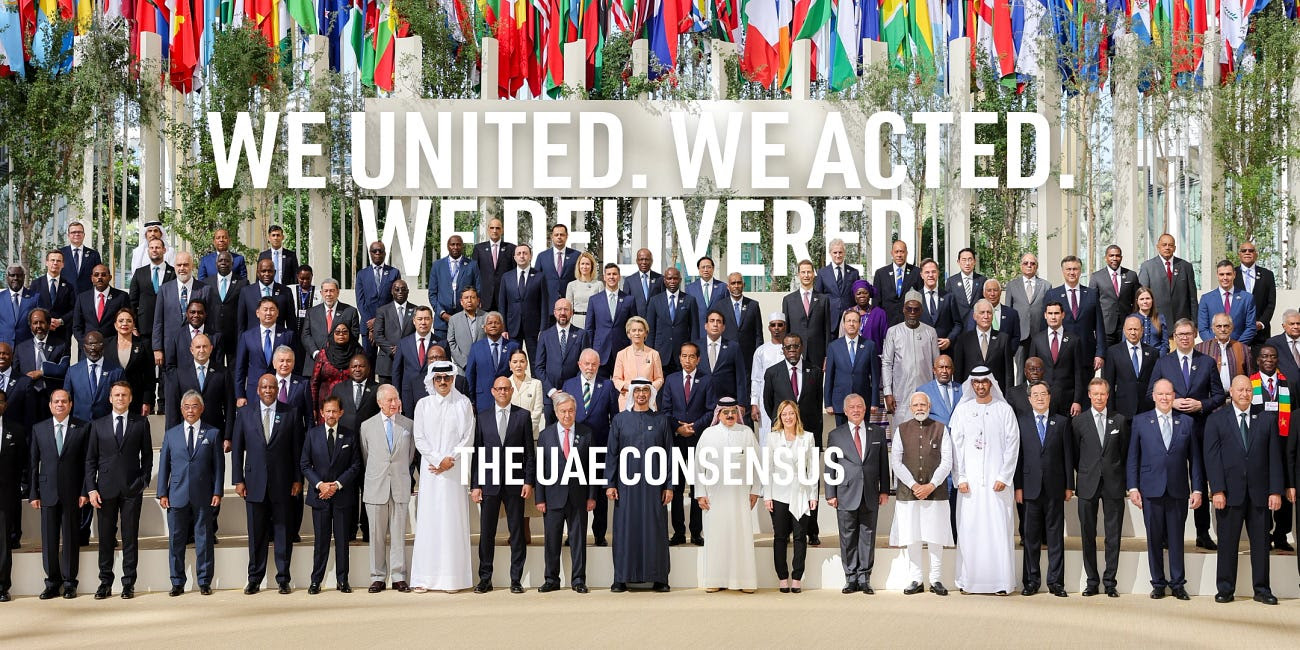
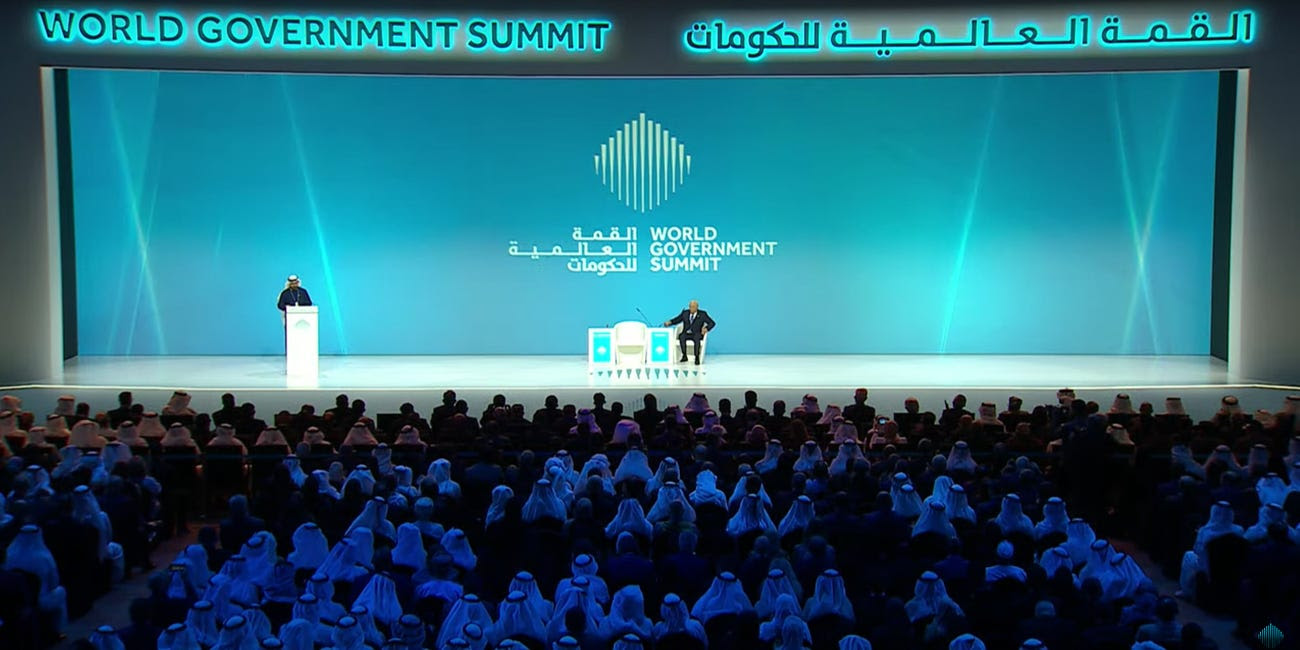
Comments ()